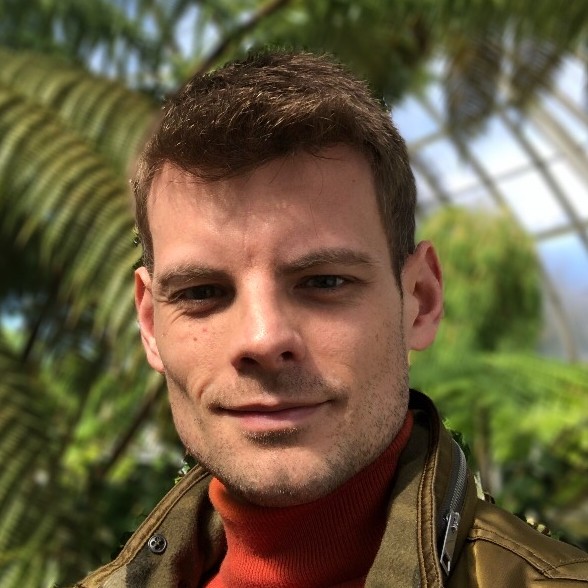AFAM: Hello, JB, and thank you for this interview. Your Linkedin profile says that you are a Strategist and Data Scientist, currently working out how to help small businesses out of the COVID-19 crisis. What is your every day job? Could you tell us more, please?
JB: That is the beauty of corporate strategy, there is no such thing as a typical day. I usually say that we do three things:
- Answer critical, strategic questions from our C-suite (what is the impact of COVID on our clients) to help their decision-making process
- Identify and create data assets that can bring value to the company
- Evangelize and train the organization to root their decision-making process in data and science. In a not-so-distant future, every analyst will wake up in the morning and fire up a tool that will tap into millions of rows of data. They won’t need me anymore when we get there. Until then my job is not done.
AFAM: How and when did you develop interest in finance?
JB: Around the time I was graduating, I met a group of consultants that worked on some niche financial products called weather derivatives (basically financial products except the underlying asset is the number of days of rain in Nice and not the S&P500). It was fun, quirky and math-heavy. I then went on to do Corporate Strategy, then Data Science, all in the banking sector.
AFAM: Why did you choose working in finance? What inspires you in this sector?
JB: I work in Small Business Banking. In the USA, 30 million small businesses make up for half of the employment. They are a critical part of our economy and one of the last places where people get to live the American dream. Helping them through the COVID crisis, watching the incredible resilience of the sector and the business owners is awe-inspiring. On top of that, the revolution that is underway in the financial sector, with data becoming front and center of all decisions is amazing. I really think that a few years from now, everyone will be all equipped with the tools of data science. We will look back and won’t believe how archaic the pre-big-data ages were, just like we pain to imagine a world without laptops and cellphones.
AFAM: What challenges do you face in your job?
JB: We are leading a revolution in a sense that traditionally, IT and data science operate in a silo from decision makers. While a CEO or a strategist needs an answer in the next couple of weeks to steer the company in the right direction, traditional IT and data scientist tend to stretch projects over months. And traditional strategists usually have a very shallow understanding of the data landscape, meaning they will ask for data that might not even exist. We get people out of their comfort zone, pushing IT and Data Scientists to understand the real-life impact of their work, and forcing strategists to really dive into the data and the science to get answers. Once they see what they can achieve, the impact they can have, they never look back. But getting them there is sometimes a daunting task.
AFAM: Are there any promising fintech startup in the US or in France you are following?
JB: I follow very closely the big (usually payment centered) startups, such as Square, Paypal, or Intuit. I find their move upmarket and into traditional banking products very interesting. While they are not fully equipped today to deal with complex clients, they undoubtedly have some competitive advantages around client experience, and integration of products that keep us on our toes.
AFAM: What piece of advice could you give to our students willing to get started in finance, for instance, those who would like to come to the US in 2021 to pursue a financial internship?
JB: Push yourself to find your differentiating factor, for the right crew. It might sound cheesy but I found the only way I can be motivated is if I believe in what my team is doing (helping small businesses) and I am contributing in a way no one else is (transitioning the organization to a data-and-science-driven one) Also find something fun to do. Not necessarily the most prestigious or highest paid job, but the one that is fun. Prestige will come later.
AFAM: and we would add, dear students, do not forget to contact AFAM and apply for our Shasta program. Thank you, very much Jean-Baptiste, for this inspiring conversation about your job and the future of finance.

Photo: courtesy of Jean-Baptiste Commans
More interviews in our "Financial Engineering" series:
Interview with Sacha Ghebali (Bo 211)
Interview with Jean-Rodolphe Guis (Bo 99)
Interview with Imane Sanhaji (Cl 211)

 BLOG /
BLOG /  CALENDAR /
CALENDAR /  DONATIONS /
DONATIONS /  MENTORS /
MENTORS /